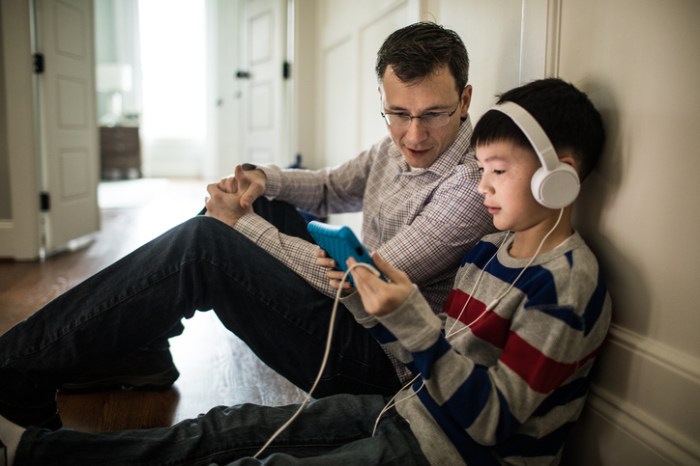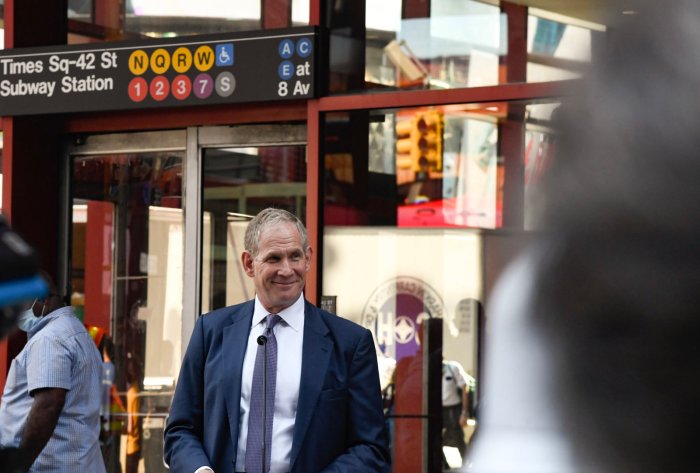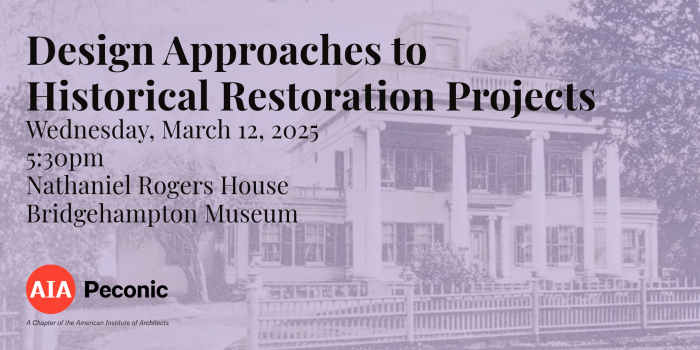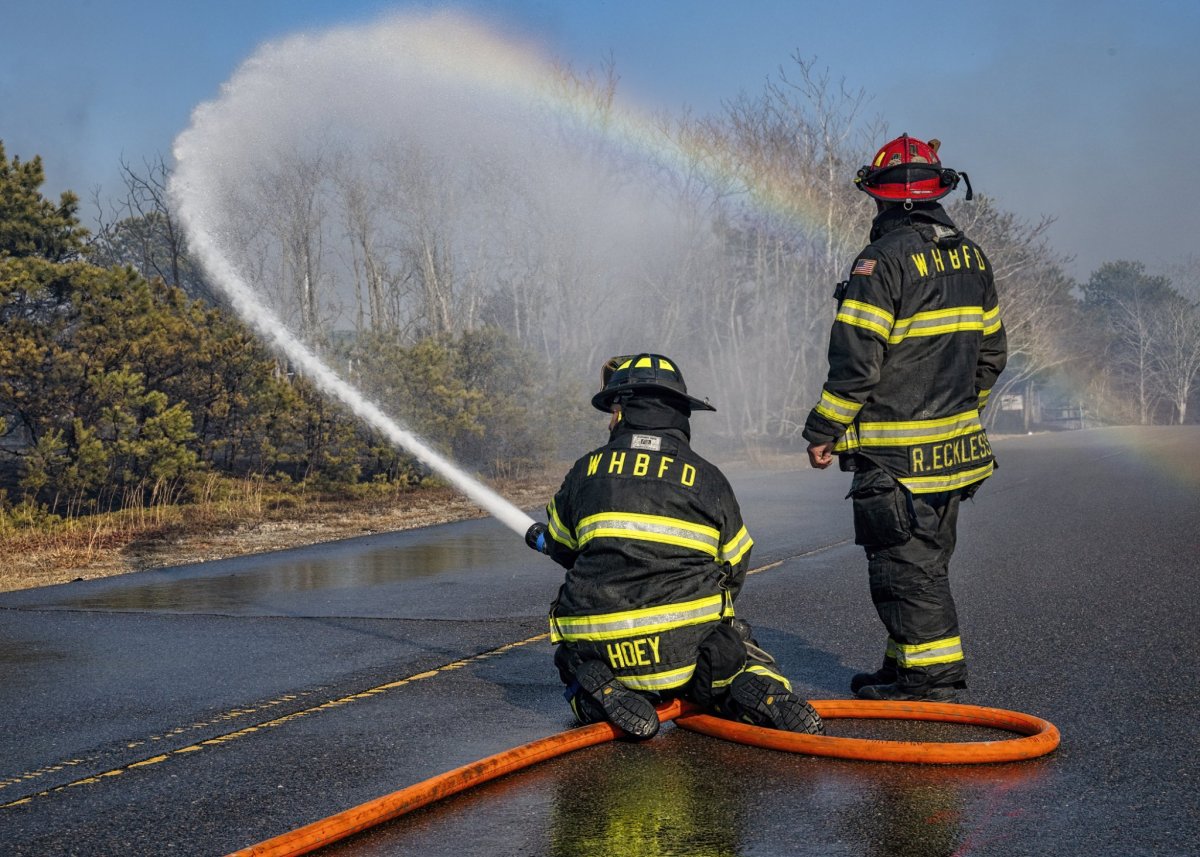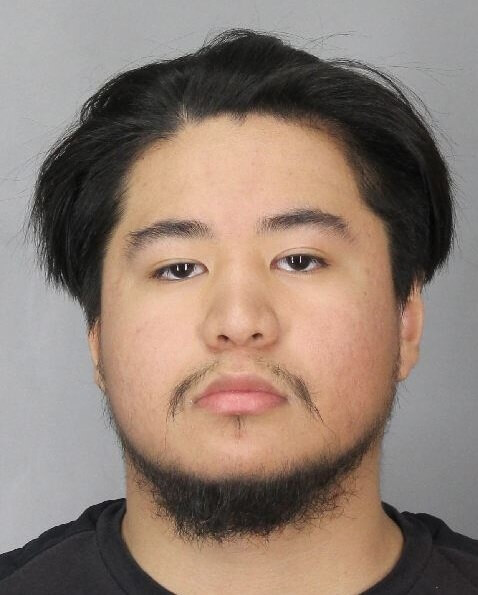Imagine if an Airbus jet plane crashed every day in this country, killing all aboard. You would sound an alarm. You would demand action. It would be unacceptable, wouldn’t it?
Well, this is metaphorically the death toll that we saw last year from deadly poisonings from opioids and fentanyl, the synthetic opioid that is 50 times more potent than heroin. Just 2 milligrams of fentanyl, or the amount that could fit on the tip of a pencil, is considered a potentially lethal dose. Steve Chassman, L.C.S.W., executive director of Long Island Council on Alcoholism and Drug Dependence, (LICADD) said that Long Island has seen a 30-40% increase in fatal opioid deaths.
New York City Chief Medical Examiner Jason Graham says that if not for the Covid pandemic, we would be looking at opioid deaths as the worst public health crisis in our lifetime.
Those are very strong words from someone who is on the frontlines of this war.
The Drug Enforcement Administration (DEA) is now calling deaths from fentanyl “poisonings” rather than overdoses. Fake pills are driving up the death rate even more. These fake pills are made to look like prescription opioids such as oxycodone, Percocet, Vicodin, Xanax and stimulants like Adderall. Some come in enticing, friendly rainbow colors. These fake pills are easy to purchase — even online — widely available, often contain fentanyl or methamphetamine, and can be deadly.
According to the DEA, six out of 10 fake pills that they confiscate and test contain enough fentanyl to be lethal. That means if your child is at a party and is offered a fake pill, they have a 60% chance of dying…not a gamble that any parent would want to see their child take.
The DEA is working hard to change attitudes and sound an alarm with a new educational campaign called “One Pill Can Kill.” In June they held New York’s first-ever Family Summit on the Overdose & Poisoning Epidemic at DEA New York Division headquarters, led by Special Agent in Charge Frank A. Tarentino III. It was attended by nearly 100 people, many of them grieving parents from Long Island. The DEA is asking these parents to help with the “One Pill Can Kill” awareness and educational campaign.
Attitudes and perceptions need to change. If you are a parent and think that these fentanyl deaths are only happening to drug addicts, you need to think again. They are happening to top high school students, athletes, Ivy League college graduates, and those whom parents often refer to as “good kids.” Their deaths leave behind a massive community of grieving parents, siblings and friends. Parents like me.
Don’t forget those lost to this public health crisis. Chances are you have a neighbor, a relative, or a work colleague who is grieving the loss of a loved one from this poisoning. Don’t judge. Talk to them, say the name of their child. It means a lot.
About the writer: Carole Trottere lost her son Alex on April 8, 2018, to a heroin/fentanyl poisoning.






